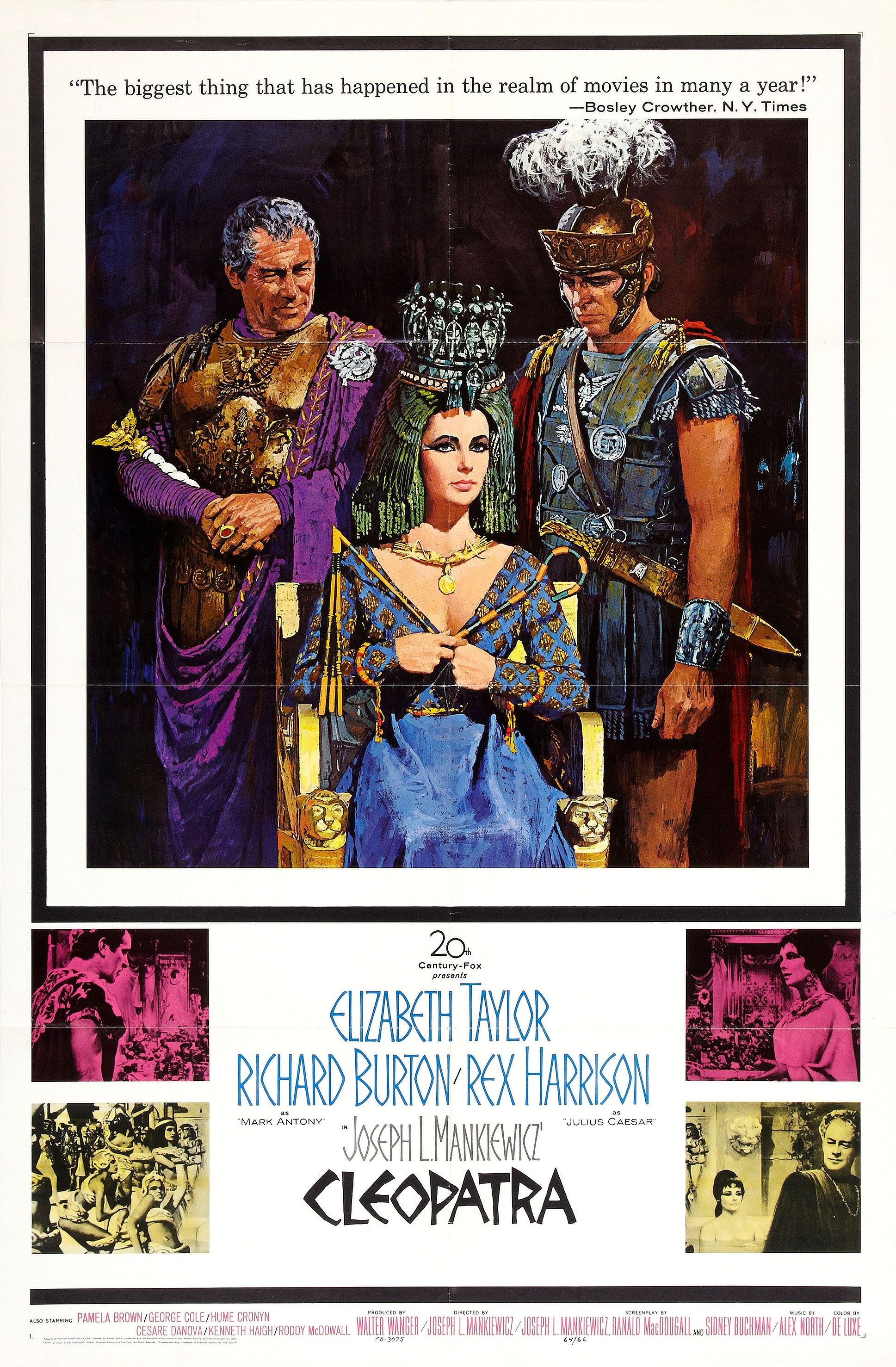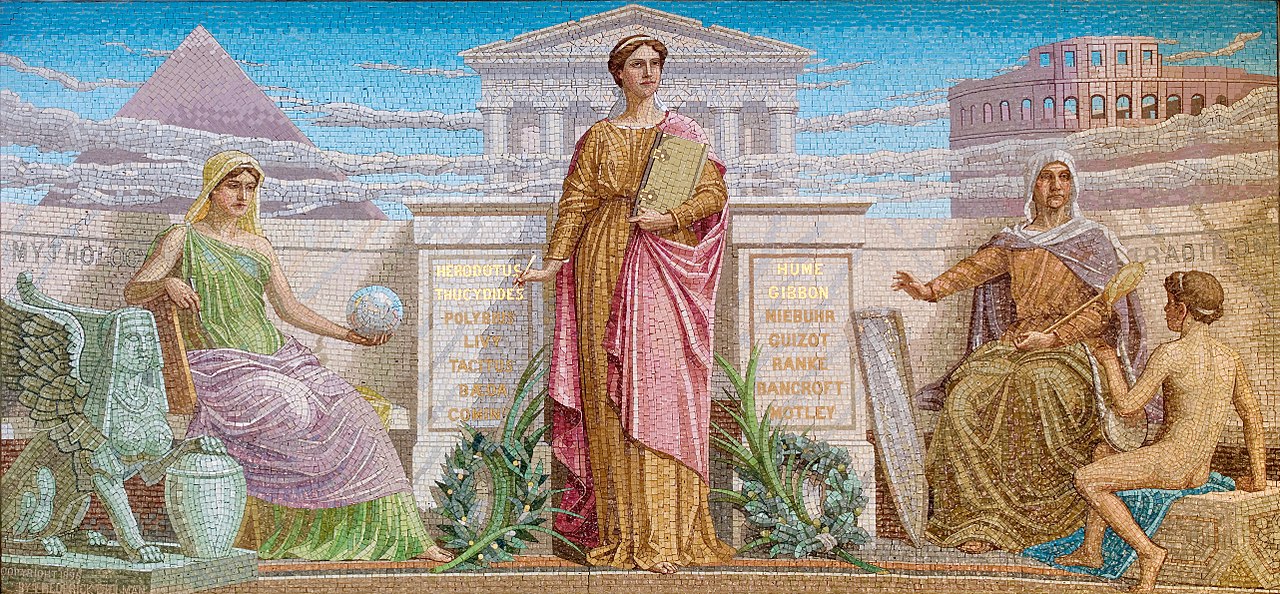When we think about the culture of Antiquity, there's one event that stands out so much that we brought it back in modern times, the Ancient Olympic Games:
Like they are today, the Ancient Olympic Games were the ultimate international athletic competition, as well as a religious celebration of and for the greek god Zeus. For example, a grand sacrifice of 100 oxen was made to Zeus during the Games.
The first Olympics is traditionally dated to 776 BC and the games were thereafter held every four years. This measure of time, an olympiad, which became the main unit of time in Greeks historical chronologies. And, in fact, so important were the Olympics to the Greeks that an Olympic Truce was enacted so that athletes could travel from their cities to the games in safety!
Beginning with just the stade (στάδιον), a foot race, the Ancient Olympic Games became a series of athletic competitions among representatives of Greek city-states. As noted above, prior to the start of the Olympics, priests of Zeus travelled the land to announce the Games and tell any warring factions to wrap things up.
As long as they met the entrance criteria, athletes from any Greek city-state and kingdom were allowed to participate, with some notable exceptions. For example, in AD 67, the Roman emperor Nero participated in the Olympics. He bribed organizers to postpone the games for a year so he could participate, and artistic competitions were added to the athletic events. Unsurprisingly, Nero won every contest in which he was a competitor. After he died a year later, unsurprisingly, his name was removed from the list of winners.
The Ancient Olympic Games gradually increased to twenty-three contests, although no more than twenty featured at any one Olympiad. Participation in most events was limited to male athletes except for women who were allowed to take part by entering horses in the equestrian events.
Unlike today, in the ancient Olympic Games there were no gold, silver, or bronze medals and there was only one winner per event. This winner was crowned with an olive wreath made of wild-olive leaves from a sacred tree near the temple of Zeus at Olympia.
The victorious athletes were honoured, feted, and praised. Their deeds were heralded and chronicled so that future generations could appreciate their accomplishments.
Also unlike today, killing your opponent was not forbidden: a victory was only negated if the death was the consequence of breaking the rules (e.g., Kleomedes of Astypalia).
A victorious athlete brought great honour to his home city. The sixth-century BC Athenian statesman Solon promoted athletics by rewarding Athenian victors at the Games financially - an Olympic victor would receive 500 drachmae (for comparison, a sheep was worth one drachma).
As their importance increased, the Ancient Olympic Games became a political tool used by city-states to assert dominance over their rivals. In this, the modern Games have followed suit (e.g., the US boycott of the 1980 Moscow Olympics and the USSR boycott of the 1984 Los Angeles Olympics).
The Ancient Olympic Games continued to be celebrated when Greece came under Roman rule, until the emperor Theodosius I suppressed them in AD 393 as part of the campaign to impose Christianity as the State religion of Rome... until the modern Olympic Games kicked off in AD 1896 in Athens, Greece!
Citius, Altius, Fortius!




















